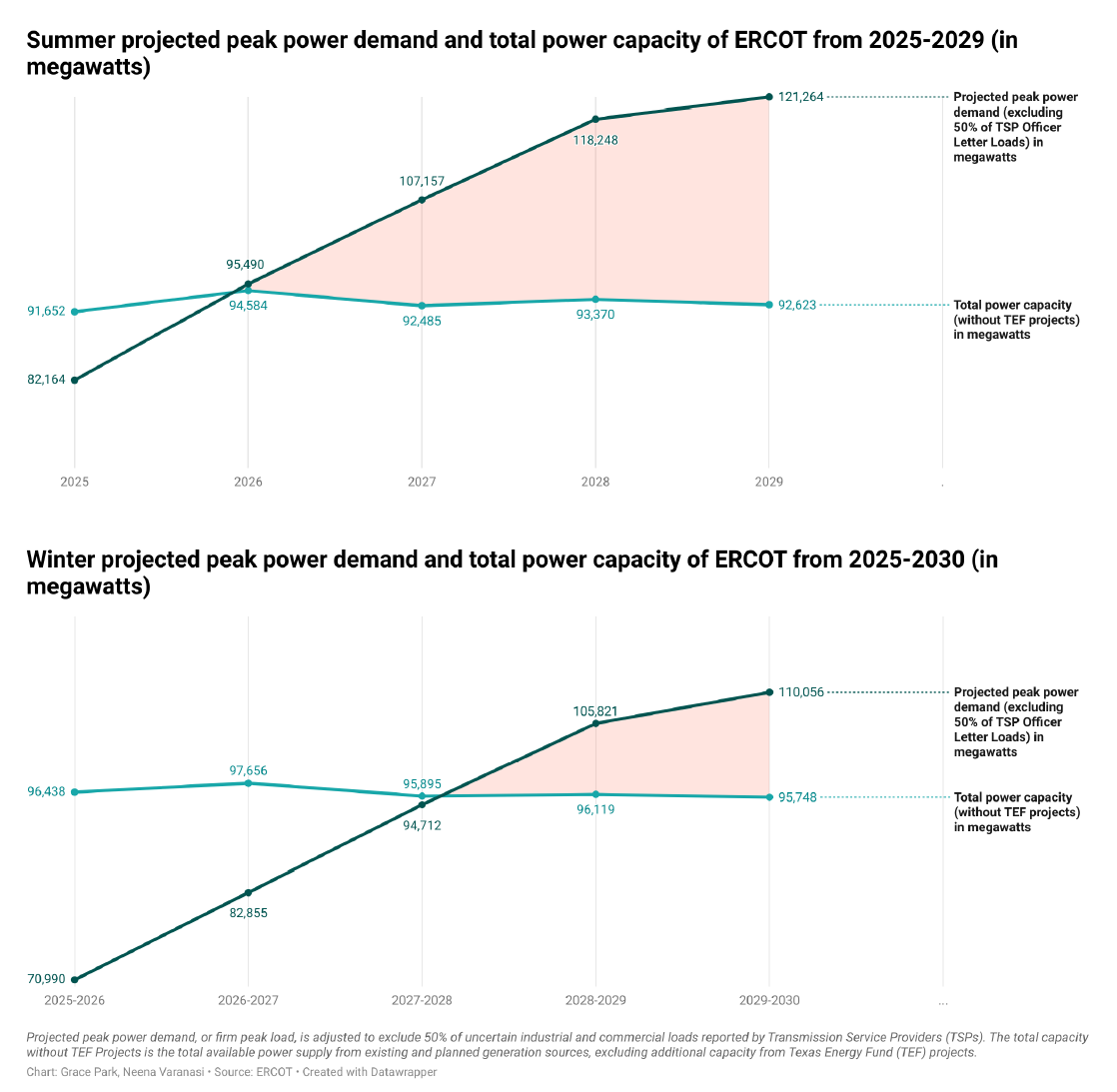The Texas Medical Board adopted new guidelines for the state’s abortion ban at a panel on June 21, causing some confusion as some of the medical community considered the guidelines not specific enough.
The initial regulation required physicians to document if they were able to transfer patients with life-threatening complications during pregnancy to a higher care facility. The adjustment requires doctors to submit documentation within seven days of an abortion procedure.
The board did not list specific exemptions to the ban, but asked physicians to use their best “reasonable medical judgment.”
“The absence of that specific condition being listed may give physicians the false impression that its absence precludes their ability to take lifesaving and/or critical measures to prevent substantial impairment,” said Dr. Sherif Zaafran, president of the Texas Medical Board in a press release. “The use of ‘reasonable medical judgment’ does not lend itself to a list or formula but rather is completely and fully dependent on the condition of the patient, the location and the circumstances surrounding that specific event, as well as the skill, training and knowledge of the treating physician.”
The new guidelines will take effect 20 days after they are published in the Texas Register.
Dr. Kari White, executive and scientific director for Resound Research for Reproductive Health, said she is concerned the new rules will still limit physicians’ ability to freely provide evidence-based care.
“It’s clear that physicians in Texas will continue to struggle to know when they can legally intervene without risking civil and criminal penalties,” White said. “As in ban states across the nation, the constant risk of criminal prosecution will cause hospitals and clinicians to err on the side of withholding abortion care.”
Resound Research for Reproductive Health, a team of researchers who study the impact of legislation on women’s reproductive rights, issued a public statement describing why the new rule provides “limited relief,” stating access to evidence-based healthcare should not depend on where a person lives.
“Clinicians throughout the country should be able to manage pregnancy-related medical complications based on their own medical judgment,” the statement said. “Policymakers, courts and agencies need to take responsibility for the full implications of their judgments and recommendations and help ensure that the health, safety, and reproductive autonomy of pregnant people are prioritized.”













